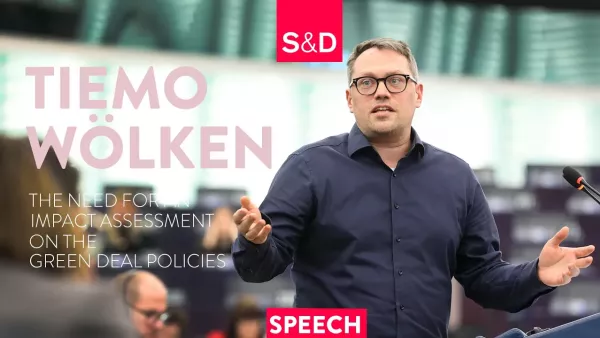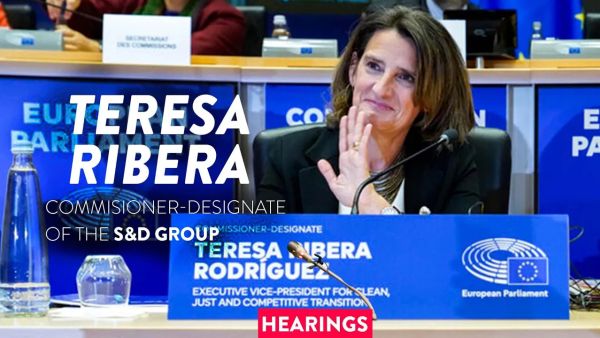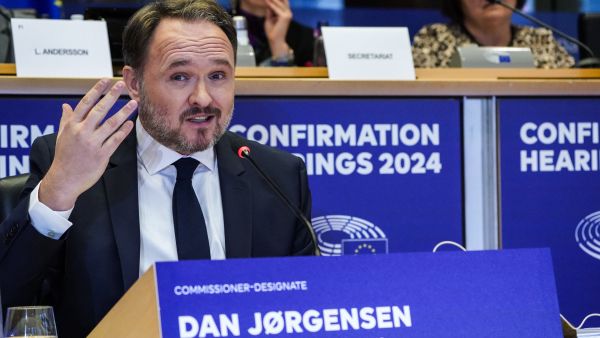Today, the European Parliament backed the final agreement with the EU Council on the reform of the internal electricity market. Socialists and Democrats played a crucial role to ensure that the reform will promote the production of clean energy while tackling energy poverty among vulnerable groups in Europe by allowing for social energy tariffs.
MEP Martina Werner, S&D negotiator on the Electricity Market Design Regulation & Directive, said:
“Our priority was to pave the way for the transition to a carbon-neutral economy. We cannot continue to subsidise polluting coal-fired power plants and pretend to be serious at tackling climate warming. Instead, that money should be used for investments in renewables, grids, and measures that add flexibility to the energy system. That is why we will phase out new subsidies for coal by 2025.
"The Emission Performance Standard establishes a 550g limit that will apply to new power generating installations as from entry into force, and to existing installations as from 1 July 2025.
“Secondly, we aimed at a strong protection of consumers from abusive market practices. Provisions for out-of-court dispute resolution mechanisms will be made mandatory, so when consumers have problems with their supplier they are not forced to go to court with expensive and time-consuming procedures."
S&D Flávio Zanonato, who is the author of the parliamentary report on risk preparedness in the electricity sector, said:
“The European electricity market is already integrated, but the legislation needed to be updated to promote the EU-added value of such connectivity and interdependence, especially at times of crisis. Even where markets and systems function well, an electricity crisis can start for a variety of reasons such as extreme weather conditions or just a fuel shortage.
“Furthermore, when a crisis breaks out it often affects neighbouring countries. That’s why we had to fill the regulatory gap. We are now introducing the principle of mandatory solidarity and co-operation among member states in times of electricity crises. To this aim, we push forward common rules on crisis prevention and tools to ensure cross-border co-operation, as well as management of electricity crises situations.
“Regarding the security of supplies indicators and risk assessments, member states will retain the possibility to develop their own risk assessments. However, this must be carried out according to a homogeneous methodology. National and regional risk assessment plans, in fact, need to be interoperable in order to be effective under any crisis condition.”
Miroslav Poche MEP, S&D negotiator on the report on the Agency for the Cooperation of Energy Regulators (ACER), added:
“The agency will be reinforced to properly perform its duties. It will increase its capacity to ensure a well-balanced and effective cooperation with national regulatory authorities, as well as its capacity to identify potential breaches of obligations.”









